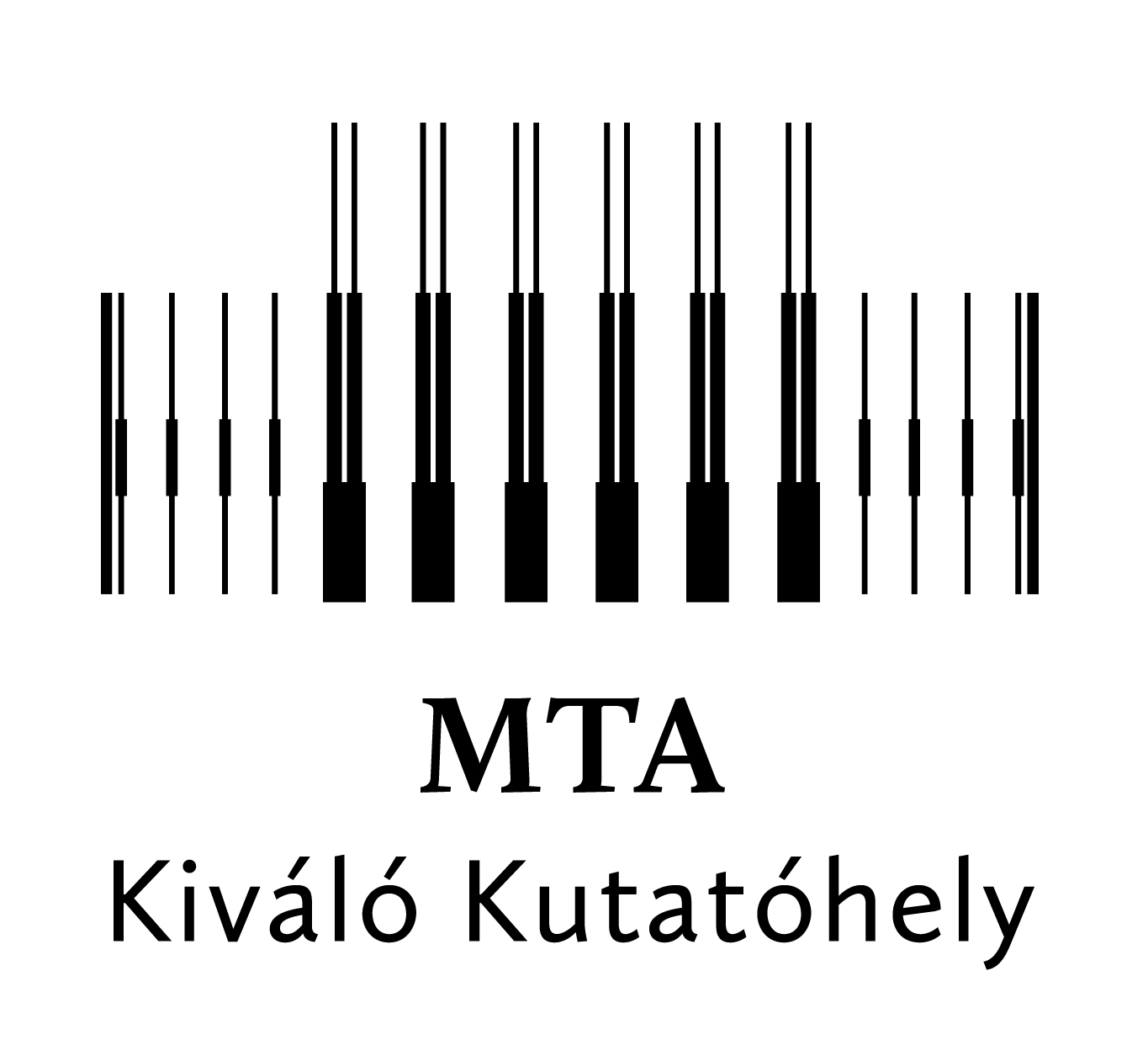About | Copyright © 2024 Budapest University of Technology and EconomicsBME
EIT Digital MSc programme: Embedded Systems

Embedded systems are everywhere! Applications include a wide variety of industrial and personal smart systems such as robots, cars, airplanes, satellites, elevators, mobile phones, home appliances, and health-care equipment, to mention a few. In these areas, embedded intelligence confer added value to the products by either extending the range of the delivered functionalities or enhancing the quality of the functionalities rendered to the user.
See more on the basic motivations, structure and career opportunities of the ES programme on the page at EIT Digital.
Return to all programmes at BME VIK
Special aspects of embedded systems at BME VIK
BME VIK offers Embedded Artificial Intelligence, an exit specialization on embedded systems that use artificial intelligence (AI) methods. Application examples include (1) from the automotive field Advanced Driver Assistance Systems (ADAS) and support for different levels of autonomous driving; (2) from the healthcare field medical signal processing and sports/lifestyle support using wearable electronics; (3) from the smart manufacturing field predictive maintenance; (4) from the development field model-in-the-loop, hardware-in-the-loop, and software-in-the-loop testing. Engineers active in this area should have an understanding of hardware platforms including programmable circuits and hardware accelerators, as well as the intelligent signal processing methods and the artificial intelligence algorithms running on them.
The specialisation has the following main goals:
- It aims to present the sensing of physical signals and the methods for pre-processing the raw sensor data in embedded systems. It introduces the most commonly used sensors and the disturbing and distorting effects in sensing, and introduces the common steps of signal processing, independent of the applications.
- It presents artificial intelligence based algorithms for information processing in embedded systems. Its special focus is the understanding of data derived from physical processes. In the implementation of algorithms it addresses the possibility of implementing them on embedded hardware platforms and accelerators.
- The specialisation also presents methods for developing intelligent embedded systems that are critical from the point of view of functional safety. Students learn about the life cycle models of safety-critical systems as defined in development standards, design principles, safety and reliability analysis to justify design decisions, and systematic testing and verification methods.
Completing the other year
The studies at BME-VIK are in the exit year of the programme. The entry year can be performed at one of the following Universities or Institutes: Eindhoven University of Technology (TUE), The Netherlands; KTH Royal Institute of Technology (KTH), Sweden; Technical University of Berlin (TUB), Germany; University of Bologna (UNIBO), Italy; University of Turku (UTU), Finland.
Subjects and leading teachers
Local page at the department responsible for the specialization: Embedded Artificial Intelligence at the Department of Measurement and Information Systems
Compulsory courses (51 ETCS)
- Embedded Artificial Intelligence (VIMIMA22, 5 ETCS)
- Embedded Artificial Intelligence Laboratory (VIMIMB05, 5 ETCS)
- Safety Critical Embedded Systems (VIMIMB07, 5 ETCS)
- Diploma Thesis Design 1 (VIMIMT00, 10 ETCS)
- Diploma Thesis Design 2 (VIMIMT01, 20 ETCS)
- Innovation & Entrepreneurship Study (VIMIMT06, 6 ETCS)
Elective courses (min. 9 ETCS)
- Applications of Data Processing (VIMIMB06, 5 ETCS)
- Perception and Signal Processing (VIMIMA20, 5 ETCS)
- Intelligent Embedded Systems Laboratory (VIMIMA21, 5 ETCS)
- Artificial Intelligence Based Control (VIIIMB06, 5 ETCS)
- and possible others, depending on the semester and the number of applicants
Prof. Tamás Dabóczi is Head of the Department of Measurement and Information Systems, Budapest University of Technology and Economics. Besides coordinating the EIT Digital Master School’s former Critical Embedded Systems and the current Embedded Artificial Intelligence specialization, he has been involved in developing four new Embedded Systems (ES) specializations both at BSc and MSc level in the past years. He teaches Applications of data processing, Real-time systems, Embedded and ambient systems, and Information processing within ES tracks.
Scholarship for top non-EU/EEA students
The Faculty of Electrical Engineering and Informatics, Budapest University of Technology and Economics (BME), offers scholarships to top nonEU/EEA students enrolled in BME EIT Digital programs. The grant is merit-based, and the ranking is based on the accepted application submitted to EIT Digital Master School. The BME scholarship is up to 3 500 EUR per semester and cannot exceed 5 500 EUR per semester with the EIT Digital tuition fee waiver.
Industrial partners
There is strong cooperation with the industry in the field of intelligent embedded systems. The most appropriate link to this cooperation is the internship and thesis work at industrial partners. Many big automotive research centres and other embedded system developers reside in Budapest, like:
Further EIT Digital MSc programmes at our faculty
Autonomous Systems programme entry year at BME VIK
Data Science programme exit year at BME VIK



